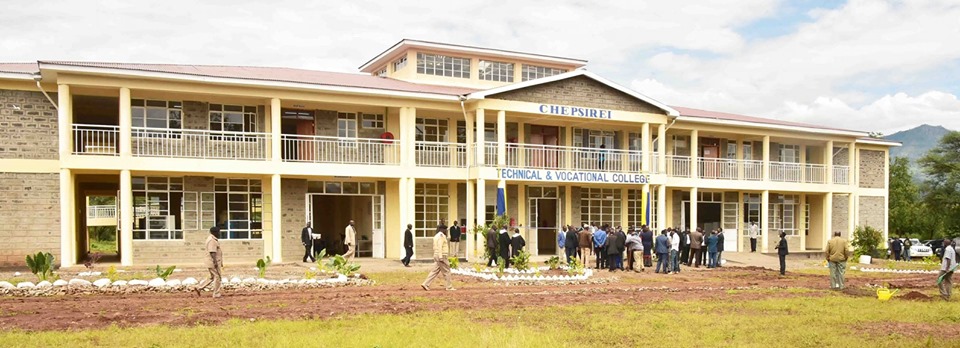Stakeholders key in boosting enrollment in TVET institutions

Stakeholders in the education sector have been urged to strengthen their career guidance to youth if they are to improve enrolment in Technical and Vocational Education Training (TVET) institutions, which have been identified as key in promoting economic and social development in the country.
According to a research paper titled Response and Recovery Strategies for the TVET Sub-sector in Kenya, an online survey was conducted to look at insights on impact of the pandemic on the subsector by development partners under the Joint Sub-Sector Working Group (JSSWG).
The paper further provides direction and recommendations to support the TVET sub-sector to respond to the effects of the COVID-19 pandemic in the short, medium, and long term.
The paper comes as the Ministry of Education plans to re-open the technical and vocational education and training (TVET) institutions in September this year after learning institutions were brought to a halt in March 15 to curb the spread of the coronavirus pandemic.
Closure of TVET institutions halted learning and training for over 430,000 TVET trainees in Kenya, threatening the numerous gains that the Government of Kenya has put in place for the TVET and youth employment sector.
One of the main opportunities identified in the paper was a strong focus on the need for heavy technological investments for an end-to-end virtual solution in the coming days.
In his June budget reading, Treasury CS Ukur Yatani allocated Sh 6.3 billion in the 2020/21 to boost TVET education.
The report notes that more than Sh200 billion could unlock and expand various sub-sectors and induce demand for skills and competencies in areas including ICT and digital services, building and construction and agriculture and food security.
In addition to the government’s sustained advocacy on TVET as pathway to career development and self-reliance rather than a place where failed students are sent, there will be need to bolster further funding for the sub-sector in the coming financial year to ensure that resources match the rising student population and the needs identified to facilitate adequate response and recovery measures to the COVID-19 pandemic.
“As TVET institutions look forward to a phased re-opening in September, as per the Ministry of Education’s announcement on 7 July, they are expected to do so in strict adherence to the Ministry of Health’s guidelines on management of COVID-19 in Kenya. The Ministry of Education, State Department for Vocational and Technical Training has published guidelines and protocols for the re-opening of TVET institutions,” reads in part the research paper’s recommendations.
As a result TVET institutions will be required to provide the minimum requirements for prevention of COVID-19 transmissions including clean running water and soap for hand washing, hand sanitisers and adequate space for social distancing.
Further, the government is expected to facilitate TVET institutions to produce masks which will be purchased by learners, trainers and non-teaching staff at subsidized rates. Institutions will also be expected to have thermal guns for monitoring body temperature.












